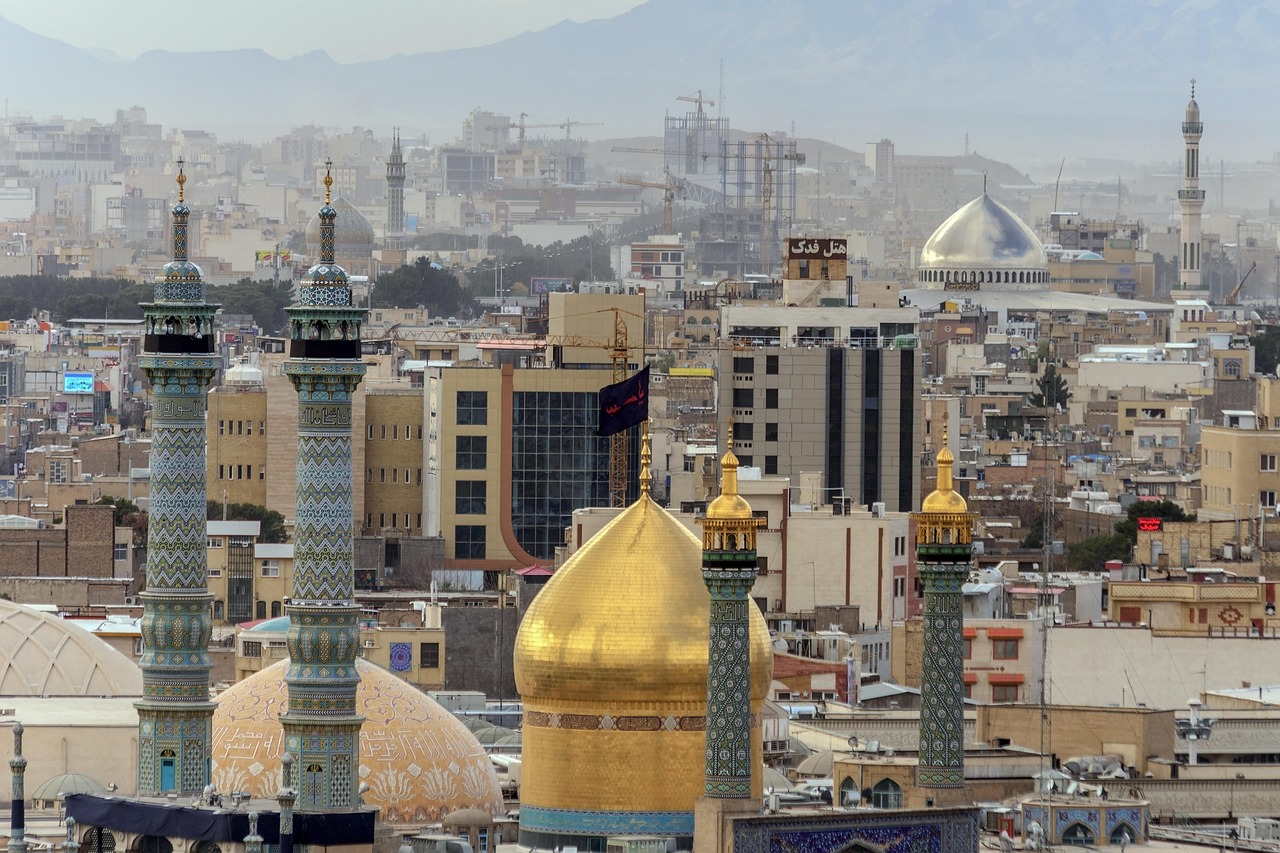World
UN Urged to Address Iran’s Rising Executions Amid Human Rights Concerns

Amnesty International has called on United Nations member states to confront Iranian authorities regarding the alarming rise in executions in the country. Since the beginning of 2025, Iran has executed over 1,000 individuals, highlighting a troubling trend that the organization describes as the “weaponization” of the death penalty.
During a press conference on Thursday, Hussein Baoumi, Deputy Regional Director of Amnesty International, asserted that Iranian authorities are attempting to “normalize” the execution of hundreds of people annually. He emphasized that following the “Woman, Life, Freedom” protests in 2022, the Iranian government has increasingly utilized executions as a means to instill fear, suppress dissent, and target marginalized communities.
Escalating Execution Rates and Legal Concerns
According to Amnesty International, the current rate of executions in Iran averages approximately four executions per day, a pace not observed since 1989. The organization criticized the Iranian government’s use of the death penalty against individuals charged with vaguely defined and politically motivated offenses, such as “enmity against God” and “corruption on earth.” These charges, along with those related to drug offenses, often do not meet the international legal standards necessary to justify the death penalty.
Baoumi also pointed out that the death penalty in Iran is frequently imposed following “grossly unfair” trials, typically conducted by Revolutionary Courts that lack independence and collaborate with the state’s security and intelligence services. Vulnerable communities, particularly those from lower socioeconomic backgrounds and oppressed ethnic minorities—including Afghans, Ahwazi Arabs, Baluchis, and Kurds—are disproportionately affected by these capital punishment practices.
International Law and Human Rights Violations
Iran is a signatory to the International Covenant on Civil and Political Rights, which protects the inherent right to life and prohibits arbitrary deprivation of life. Article 6 (2) of the treaty specifies that in nations that have not abolished the death penalty, such a sentence can only be imposed for the most serious crimes in accordance with existing law. Furthermore, it stipulates that execution can only occur following a final judgment by a competent court.
Article 6 (4) grants anyone sentenced to death the right to seek a pardon or a reduction of their sentence. In September 2024, UN experts expressed serious concerns regarding the surge in executions within Iran, suggesting that this trend represents a significant escalation that violates international human rights standards.
Notably, Iran stands alongside Singapore, China, and Saudi Arabia as one of the few countries confirmed to carry out executions for drug offenses in 2024. A report by Amnesty International indicated that global executions surged to their highest level since 2015, further underscoring the urgent need for international scrutiny and action regarding Iran’s human rights practices.
The growing call for accountability from UN member states highlights the necessity for a unified global response to Iran’s increasing use of the death penalty as a tool of oppression.
-

 Science2 months ago
Science2 months agoOhio State Study Uncovers Brain Connectivity and Function Links
-

 Politics2 months ago
Politics2 months agoHamas Chief Stresses Disarmament Tied to Occupation’s End
-

 Science1 month ago
Science1 month agoUniversity of Hawaiʻi Joins $25.6M AI Project for Disaster Monitoring
-

 Science4 weeks ago
Science4 weeks agoALMA Discovers Companion Orbiting Giant Star π 1 Gruis
-

 Entertainment2 months ago
Entertainment2 months agoMegan Thee Stallion Exposes Alleged Online Attack by Bots
-

 Science2 months ago
Science2 months agoResearchers Challenge 200-Year-Old Physics Principle with Atomic Engines
-

 Entertainment2 months ago
Entertainment2 months agoPaloma Elsesser Shines at LA Event with Iconic Slicked-Back Bun
-

 World1 month ago
World1 month agoFDA Unveils Plan to Cut Drug Prices and Boost Biosimilars
-

 Business2 months ago
Business2 months agoMotley Fool Wealth Management Reduces Medtronic Holdings by 14.7%
-

 Science2 months ago
Science2 months agoInnovator Captures Light at 2 Billion Frames Per Second
-

 Top Stories2 months ago
Top Stories2 months agoFederal Agents Detain Driver in Addison; Protests Erupt Immediately
-

 Entertainment1 month ago
Entertainment1 month agoBeloved Artist and Community Leader Gloria Rosencrants Passes Away









